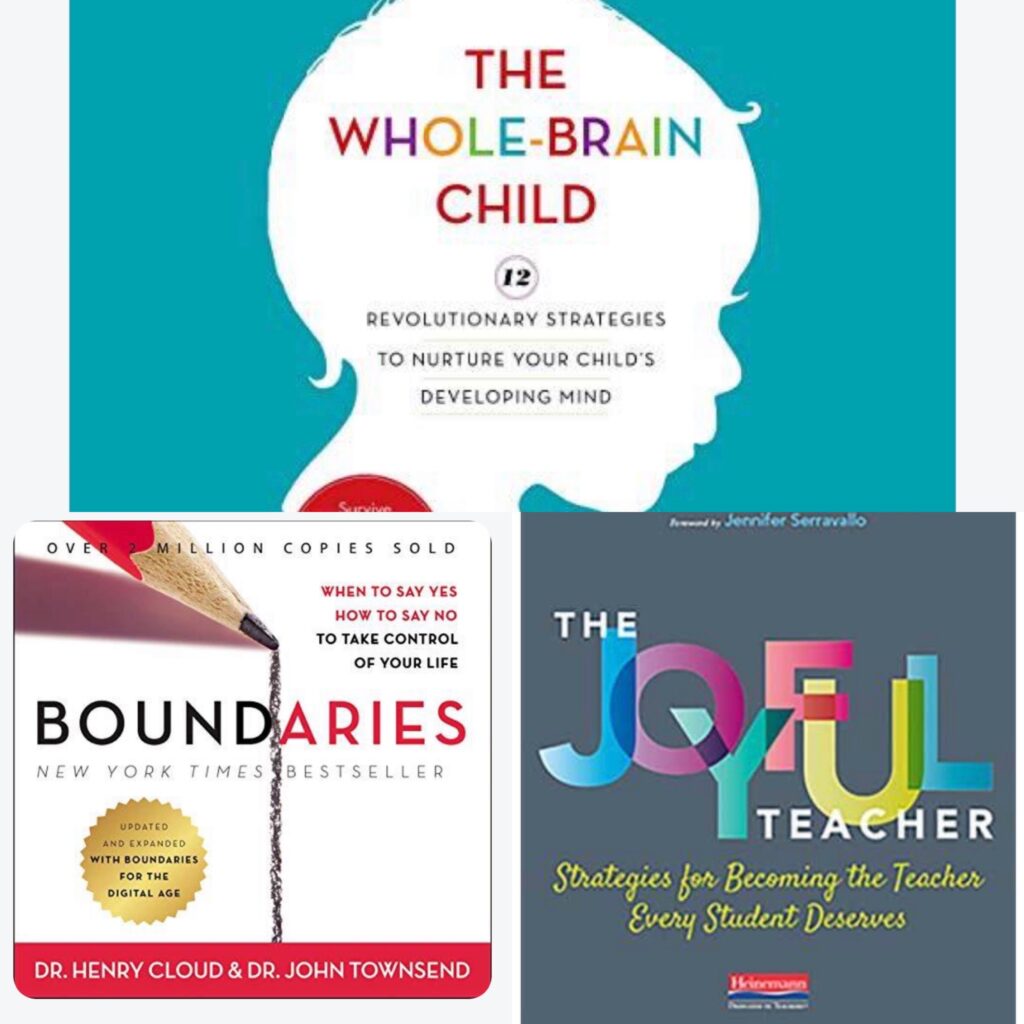Educators engage in professional learning.
I enjoy reading or listening to books in my spare time. Here are a few that I feel have been meaningful to my professional learning.


December 2022
Session attended:
International Dyslexia Association Ontario – Race, Class and Reading, Disrupting the Pedagogy Expectations.
Speakers: Cheryl Urbanczyk, Resha Conroy, Amuna Baraka-Clarke, Camesha Cox, Anthony Edwards
Watching multiple online approved professional development videos, the session on Race, Class and Reading, Disrupting the Pedagogy Expectations was the most engaging and exciting. The session had multiple people involved. These individuals had all different educational and career backgrounds associated with Dyslexia. Some of the individuals were parents whose children were affected by dyslexia as well. Instead of a lecture like the other videos I watched, it was a structured conversation that included personal stories about the difficulties with the current educational systems in Ontario and how this affects all students in terms of literacy.
The Ontario Educational committee made a goal in 2004 that 75% of students should meet their reading and writing plans according to the educational standards. This goal has stayed the same since 2004. The speakers involved were passionate about how the academic standards need to change and how that change can occur. A few questions were asked during the panel: “What are the problems with the current pedagogy? (Involving literacy)” Anthony responded, “students are taught to fly a plane instead of learning what the different parts of the plane are.” This includes systematically and explicitly teaching children phonemic awareness, fluency, grapheme about phonemes, etc. Melanie, it made me appreciate our classes and how your instruction has related to this panel of individuals. I also enjoyed the passion and the need to give access to this information to all our students for them to become fluent readers.
Some of the other critical points I took away from the conversation (there was a lot, and I could write many, many pages) included: Over 95% of students can learn to read well. Still, systemic racism plays a huge role in some students falling through the cracks. Amuna shared her daughter’s story about being overlooked and put into a specific category because of her skin colour. She advocated for her daughter and is now an honour roll student. Stories like this make me very frustrated with our educational system. Although this takes place in Ontario, it is relevant to Terrace because I have seen the same issues among our first nation students.
Another critical point is that Dyslexia is considered a diagnosis of privilege, which affirms how systematic racism is relevant in our school districts. I believe that students can be overlooked, and some teachers don’t’ advocate for these students. High expectations are needed for all of our students, assuming that all of our students can read except the 5% (because of specific disabilities). Teachers must advocate for each other early and do their best to ensure our students do not fall behind as they age.